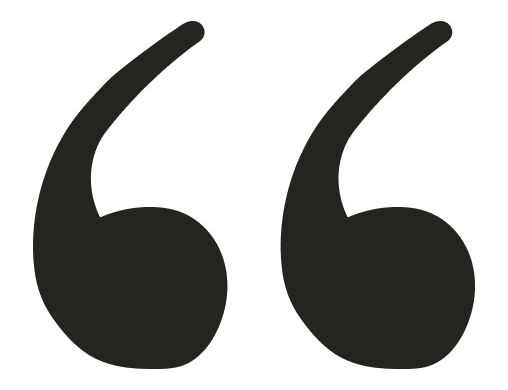Experiencing anxiety, depression or low mood?


Experiencing anxiety, depression or low mood?


.png)
Has summer got you feeling hot and bothered?
The summer season is a time that most of us eagerly anticipate. However, with longer, hotter, busier days, for some, this can trigger symptoms of anxiety and depression for those who may dread the prospect of socialising more, disrupted sleep patterns, and body image issues.
But if you find you are regularly experiencing anxiety or suffering with low mood or depression and it is having an impact on your daily life, typed cognitive behavioural therapy (CBT) can provide effective strategies to help you manage your symptoms and feel more like yourself again. With ieso, you can self-refer to typed cognitive behavioural therapy available free through the NHS Talking Therapies.
Why typed therapy?
Typed therapy takes place online via a secure platform. As the sessions are typed, you do not have to speak to anyone, and no one will overhear your conversation. You won't need to worry about traveling to appointments, simply find a quiet place to begin your session. Appointments are available 7 days a week, from 6 am to 11 pm, helping to work around your everyday life.
Before each session, your therapist will check in with how you are, so we can tailor your treatment to be as effective as possible. Between sessions, we’ll ask you to keep a journal and do thinking exercises to help develop positive, long-term habits.
Research shows a little work leads to better recovery and can help keep you feeling well after your therapy sessions have ended.

.png)
How it works
Our patients tell us typed therapy makes it easier to open up and reflect on their thoughts and behaviours than if they were sat in front of a therapist. The additional benefits of typed therapy include:
This is typed therapy...
-p-1600-min.png)
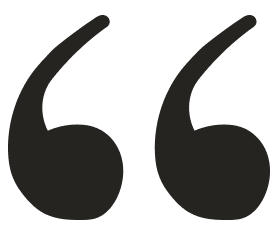
Begin your therapy in four steps
1. Refer and register
Self-referral is available in your area. Self-referring allows you to access online therapy quickly and easily without the need to visit your GP. Once you have self-refered and created your account, complete your questionnaires. We will then find the best therapist for your needs.

2. Start therapy
Chat with your therapist. They’ll create a treatment programme designed just for you and will help you set goals, break down issues and change unhelpful thoughts and behaviour patterns.
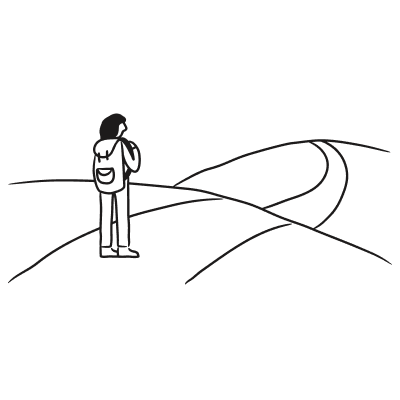
3. Practise
Between sessions you’ll use the new skills your therapist has taught you in real life. Your therapist will track your progress using questionnaires before each session and target the most persistent and troubling areas.
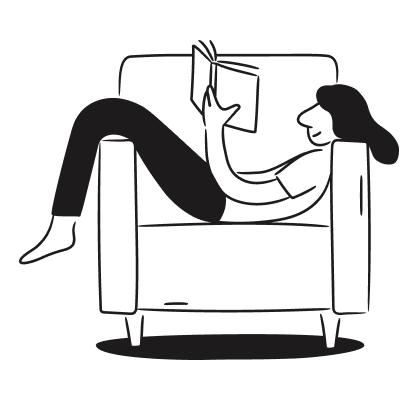
4. See results
Your therapist will help you monitor change and target the most persistent and upsetting areas.
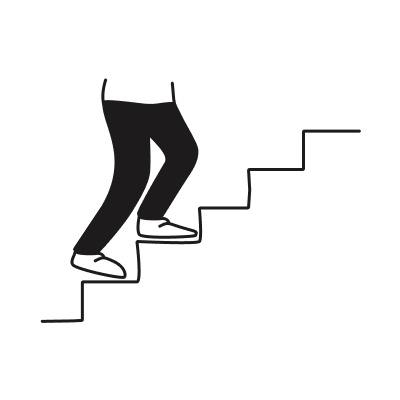

Get started with Mindler (previously ieso)
Click the button below to self-refer. If you'd like to find out about other mental health support options available in your area, visit the NHS website.



